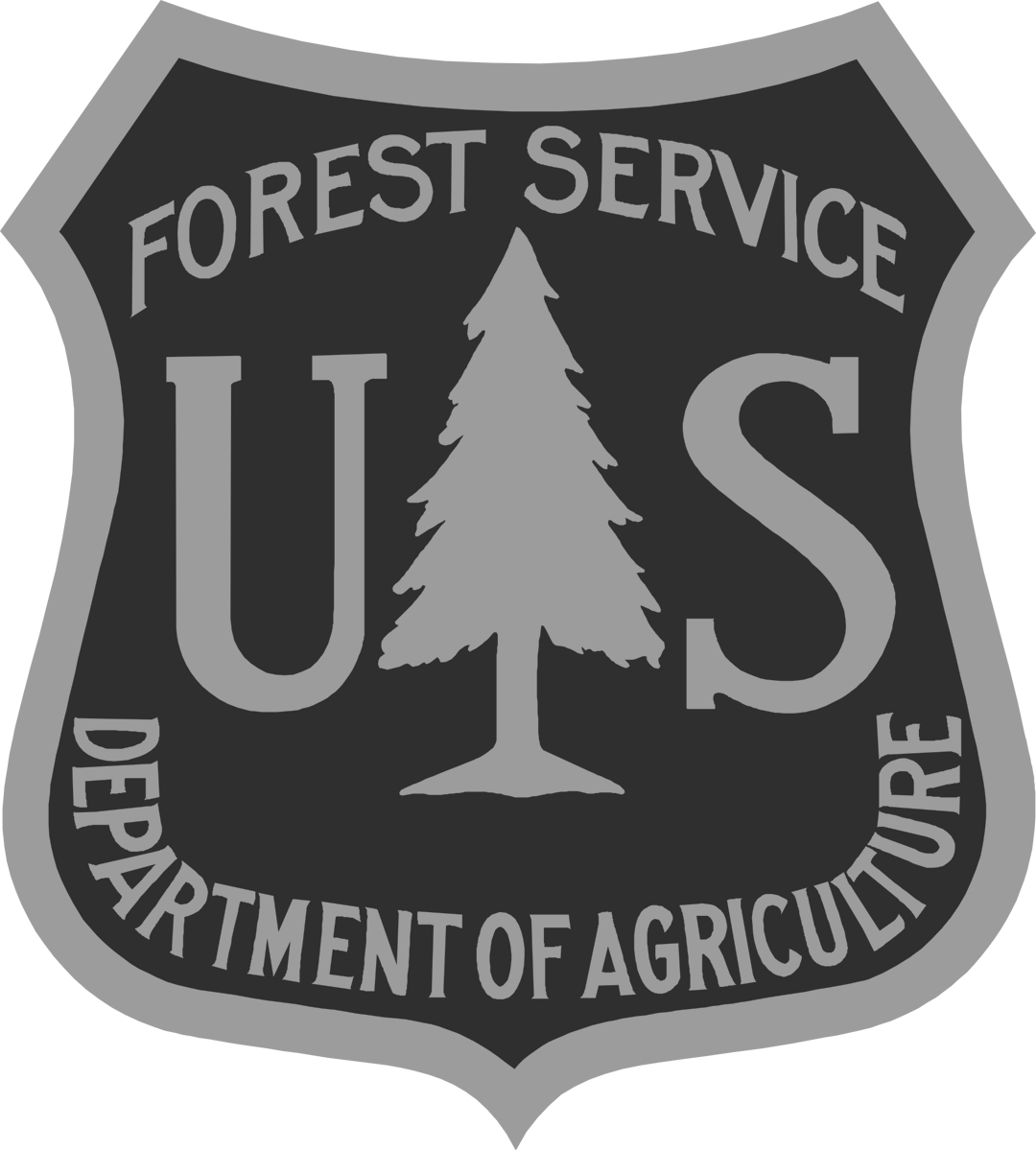Land, Water and People: A cold night in the mountains

“Geez, this is heavy! What do you have in your pack Miiiike?” asked my friend with his southern drawl.
“Well, a lot of things,” I replied. “I’ve always figured that one of these days when I’m out hunting, I will end up spending the night. I don’t just want to be able to survive the night, I want to be comfortable.”
My three hunting companions smiled and snorted a bit. I was the youngest of the group and the greenest when it came to hunting. But, I had grown up in the hardwood forests of the northeast and had learned at a young age how unforgiving nature could be for the unprepared.
My pack contained a light weight bivy bag that was waterproof on one side and water resistant on the other; a heavy duty space blanket with grommets in the corners; some parachute chord; a few layers of clothes and rain gear; a stocking cap and gloves; food, water and more food; matches in a waterproof container and a lighter; a map and compass; and an assortment of hunting supplies.
After a little good natured ribbing, we spread a map out on the hood of my truck and discussed tactics. We figured out where each of us was going to hunt and planned to return to the trucks by about 6 p.m.
I took the high road and climbed to the top of a forested knob. The afternoon sky was clear and the sun was warm, but the shadows were cool. There was a slight breeze blowing at my back – not a good thing for hunting, as my scent would carry in front of me.
Sure enough, just before I reached the top of the small peak, I heard crashing on the other side. I took a few quick steps up to the top and looked down the other side just in time to see the backsides of a spike elk and a few cows running the other way.
The rest of the afternoon turned into a wonderful autumn hike with a rifle. I wandered through the forest slowly looping my way back around the knob to the vehicles. The only sounds I heard came from jets flying overhead, the occasional red squirrel scolding me, and my feet every time I stepped on a twig.
I reached the vehicles just as the light was fading beyond legal shooting time. Two of my friends were already at the truck, while the third was still out. We stood outside and chatted for a while and made plans for the next day. One of the guys then told me to go home and they would wait for our hunting companion since they all drove together.
That night I was awakened by a phone call about midnight. It was one of my hunting buddies and he told me that Stan never made it back to the truck. He contacted the sheriff and a search party was organized to look for Stan at first light.
I couldn’t sleep that night and was out the door and back to the hunting rendezvous spot as the stars were starting to fade in the sky. A person from search and rescue was already there holding a radio. The mountain air was chilly, probably low 20s. He told me several folks headed down the slope to search for Stan and that my friends were on the lower road. By the time I drove around to the lower road, Stan had been found and was being put into an ambulance.
An hour later, at the old Del Norte Hospital, I stopped in to see Stan. An IV was inserted into his arm providing him with warm fluid. Stan had spent the night shivering under a tree and became hypothermic. He was lucky to be alive.
When Stan saw me, he smiled and weakly said, “I will never make fun of your pack again.”
Mike Blakeman is the public affairs specialist for the Rio Grande National Forest. He spends much of his free time scrambling around the mountains with a camera in his hand.



